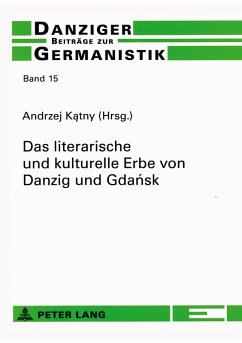
The Politics of Prostitution in 'Berlin Alexanderplatz'
Versandkostenfrei!
Versandfertig in 6-10 Tagen
64,80 €
inkl. MwSt.

PAYBACK Punkte
0 °P sammeln!
Written during the vibrant crisis years of the Weimar Republic, Alfred Döblin's Berlin Alexanderplatz is a fascinating examination of the gradual disintegration of Germany in the aftermath of the Great War and in the shadow of a nascent National Socialism. This study engages the seminal image of the prostitute, the commodified woman, as a central and dominant motif in Döblin's work. Through this intersection of sex, gender and economics, the author scrutinizes the larger perspective of German culture through the lens of its suppressed underclasses and considers how the politics of language b...
Written during the vibrant crisis years of the Weimar Republic, Alfred Döblin's Berlin Alexanderplatz is a fascinating examination of the gradual disintegration of Germany in the aftermath of the Great War and in the shadow of a nascent National Socialism. This study engages the seminal image of the prostitute, the commodified woman, as a central and dominant motif in Döblin's work. Through this intersection of sex, gender and economics, the author scrutinizes the larger perspective of German culture through the lens of its suppressed underclasses and considers how the politics of language both construct and constrain woman's identity in this society. The true history of the Weimar Republic, therefore, is read through Döblin's portraits of prostitutes and petty criminals, homosexuality and Lustmord.














